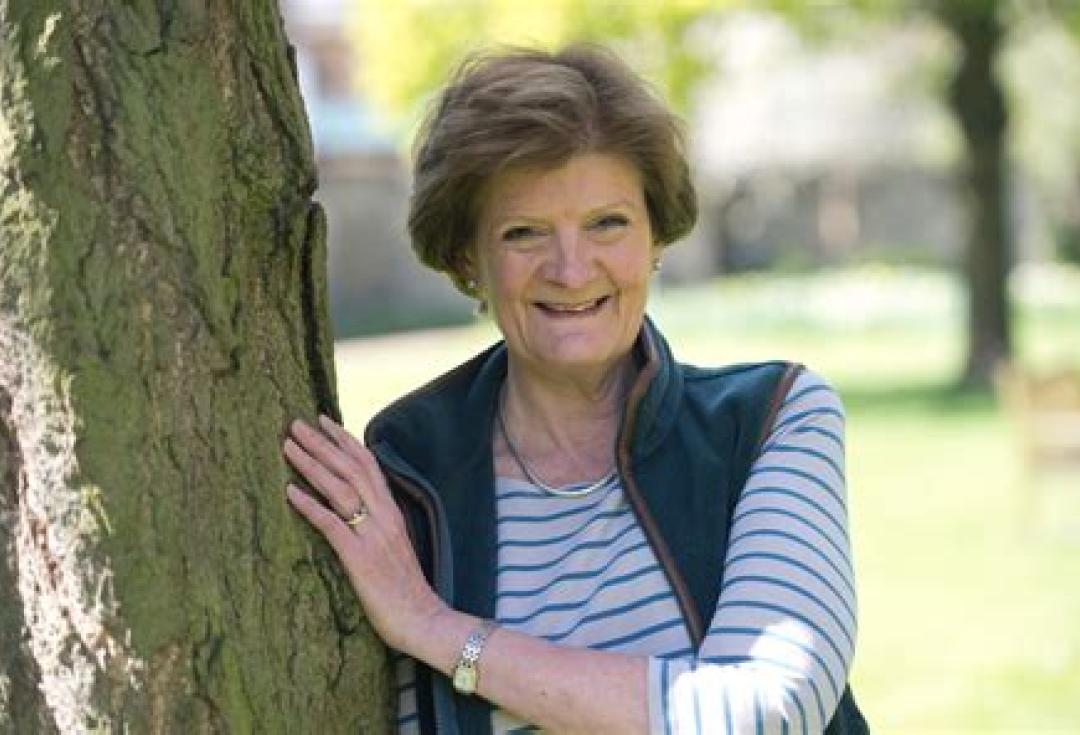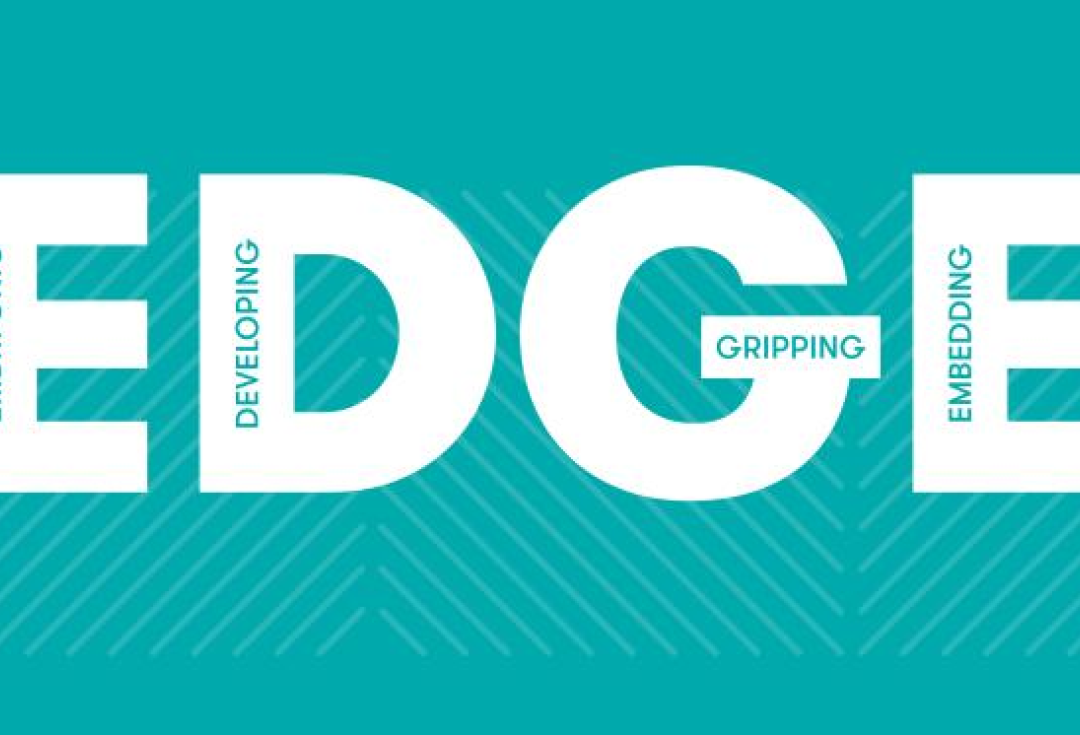
Strategy and Leadership
Strategic leadership of public engagement requires vision and determination, and an understanding of how to change institutional culture.

We’ve taken the National Trust down the road from being what I call an ‘arms closed’ organisation to an ‘arms open’ organisation. We have needed to learn to love people as much as we love places.

As a PVC and more recently as a vice-chancellor of two universities, I have found the NCCPE’s EDGE tool an incredibly powerful framework to use with colleagues to take stock of our support for public engagement and to work out where to focus our precious time and resources to make the biggest difference.
Culture Matters
After ten years at the helm of the National trust, Fiona Reynolds reflected on their change journey:
The whole process has been exhilarating but it hasn’t been easy. Many staff and volunteers struggled with (and some still do) this idea of engagement. Many of them feel that the Trust’s core purpose is to look after special places and special collections and all this people stuff is nice but not core.
Whatever your ambitions for public engagement, you will need to factor in the influence of culture on your plans. There’s a familiar saying, ‘culture eats strategy for breakfast’. Research culture is now a major focus for funders and university communities: there is an increasing understanding that a transformation is needed if universities are going to become more open and engaged.
There are likely to be a number of ways in which your current academic culture inhibits public engagement which will need to be tackled.
Cultural barriers include the pressure to publish; the lack of time afforded to engagement within workload planning; a lack of reward or recognition for those involved; the lack of funding available to work in sustained partnerships with community organisations to co-create programmes of work; and the short-term nature of grant funding. Some of these challenges can be addressed within the university, whereas others need to be tackled in partnership with funders and policy makers.
It is important to bear these cultural factors in mind – but also, to not be overwhelmed by them. The NCCPE has many years practical experience helping universities to plot a ‘culture change‘ journey, and key to this is our EDGE self-assessment tool.
Build a shared vision
In many ways, what we have been doing is reuniting that nineteenth century purpose with a twenty-first century sense of mission and rearticulating the values of the organisation in those terms (Fiona Reynolds).
So what advice do we offer to leaders in universities about how to develop a strategic approach to embedding public engagement?
To take colleagues with you on this long and challenging journey, you need to be able to ground your ‘call to action’ in a robust vision and rationale. For many universities this will involve looking back to your founding principles (as it did for the National Trust), and reconnecting with the original public purposes of your university. But public engagement is also future facing: it’s a way of re-orienting your university to the increasing demands for a more open and inclusive sector. It is a way of connecting staff and students across university with a shared mission, built on strong values.
But strategic leadership of public engagement is challenging, as the National Trust example helps to illustrate.
At its core, public engagement describes a mindset which values and prioritises our relationships with people outside academia. As such, it challenges many engrained practices and behaviours in the HE sector.
Trying to manage it is therefore challenging – requiring strong vision, excellent people skills and a pragmatic and practical approach to seizing opportunities and achieving tangible ‘wins’. It demands a matrix approach to management, with different leaders in the organisation taking responsibility for different facets of the university’s engagement ambitions.
It is vital to work collectively to build a shared vision for public engagement and its contribution to their institution. Done with conviction and care it can help you to realise a more inclusive approach to the creation and sharing of knowledge and to play a more committed and valued civic role.
The NCCPE is here to help. Explore our various tools and resources below to help you on your strategy and culture journey.
Final takeaway
The best laid plans...
Anyone who has taken leadership for public engagement has learned that flexibility is vital – always be prepared to adapt your plans to seize opportunities or to divert around round blocks.
